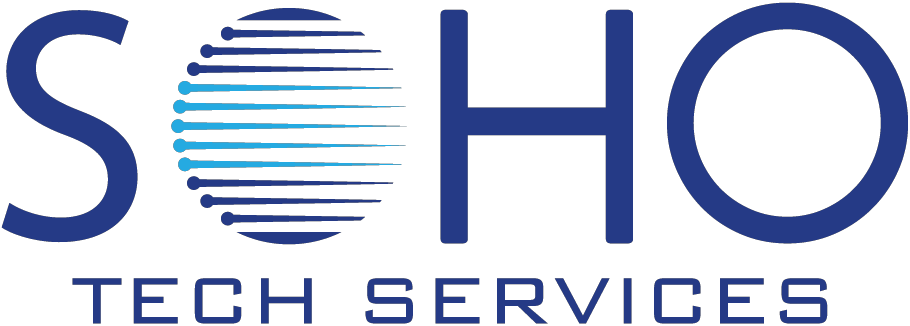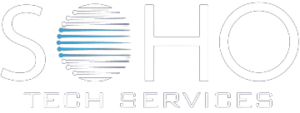
Revenue Cycle Management (RCM) and RCM for Medical Practices
Understanding RCM in Healthcare
Revenue Cycle Management (RCM) is a crucial aspect of healthcare operations that encompasses all activities involved in generating revenue from patient services. It involves a complex interplay of processes, including patient registration, insurance verification, coding, billing, claims submission, and payment collection. Effective RCM ensures that healthcare providers receive timely and accurate payments for the services they provide, contributing to the financial stability and sustainability of their practices.
Challenges in Revenue Cycle Management
Healthcare providers face numerous challenges in managing their RCM effectively. Some of the most common include:
Complex regulations:
The healthcare industry is subject to a myriad of federal and state regulations, including the Health Insurance Portability and Accountability Act (HIPAA), the Affordable Care Act (ACA), and various payer-specific guidelines. Compliance with these regulations can be time-consuming and complex.
Denied claims:
A significant portion of healthcare claims are denied due to various reasons, such as coding errors, missing documentation, or incorrect patient information. This can lead to revenue loss and administrative burdens.
Rising administrative costs:
The increasing complexity of healthcare operations and the need for compliance with regulations have contributed to rising administrative costs, which can strain the financial resources of healthcare providers.
Delayed payments:
Payers often delay payments, leading to cash flow challenges for healthcare providers. This can impact their ability to invest in new equipment, expand services, and meet financial obligations.
RCM Best Practices
To overcome these challenges and optimize their RCM processes, healthcare providers should adopt the following best practices:
Regular auditing:
Conduct regular audits of your RCM processes to identify and address any inefficiencies or errors. This can help improve accuracy and reduce the risk of denied claims.
Automated billing software:
Utilize automated billing software to streamline the billing process and reduce manual errors. These systems can also help with claims submission and follow-up.
Stay updated on payer regulations:
Keep up-to-date with changes in payer regulations and guidelines. This will help ensure that your claims are submitted correctly and promptly.
Outsourcing RCM services:
Consider outsourcing your RCM functions to a professional service provider. This can help alleviate the administrative burden and improve efficiency.
Impact of Poor RCM Practices
Inefficient RCM practices can have a significant negative impact on healthcare providers. Some of the potential consequences include:
Revenue loss:
Denied claims and delayed payments can result in significant revenue loss.
Delayed payments:
Poor RCM can lead to cash flow challenges and delayed payments to vendors and employees.
Financial instability:
The financial health of a healthcare practice can be compromised if RCM is not managed effectively.
Patient dissatisfaction:
Delays in billing and payment collection can lead to patient dissatisfaction and negative reviews.
Benefits of Outsourcing RCM to Experts
Outsourcing RCM to a professional service provider like SohoTech Services can offer numerous benefits, including:
Improved accuracy:
Outsourcing RCM to experts can help improve the accuracy of coding, billing, and claims submission.
Faster claims resolution:
Professional RCM providers have the expertise and resources to resolve claims promptly and efficiently.
Reduced administrative burden:
Outsourcing RCM can free up healthcare providers to focus on delivering quality patient care.
Enhanced compliance:
RCM providers can help ensure compliance with complex regulations and payer guidelines.
Improved cash flow:
By streamlining the billing and collection process, outsourcing RCM can help improve cash flow.
Human Impact
Effective RCM practices can have a significant positive impact on healthcare providers and their staff.
Some of the benefits include:
Reduced stress:
By streamlining the RCM process, healthcare providers and their staff can reduce stress and improve job satisfaction.
Improved patient care:
When RCM is managed effectively, healthcare providers can focus more on delivering quality patient care.
Enhanced financial stability:
A strong RCM process can contribute to the financial stability of a healthcare practice, which can lead to greater job security and opportunities for growth. If you’re a healthcare provider looking to improve your RCM processes and enhance the financial health of your practice, consider partnering with SohoTech Services.
Our expert team can help you streamline your operations, improve accuracy, and ensure compliance with regulations. Contact us today or schedule a meeting with out expert managers to learn more about how we can help your practice succeed.


